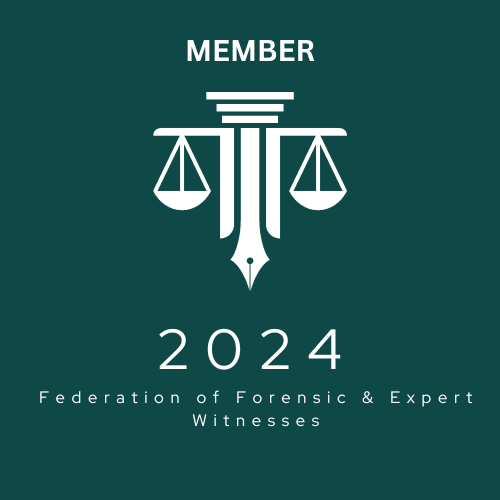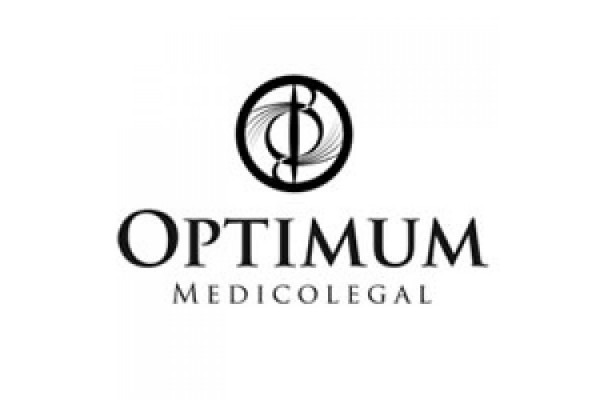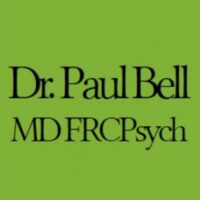Description
Optimum Medicolegal
Website: www.optimummedicolegal.com
What is PTSD?
Over the last three decades, Post-Traumatic Stress Disorder (PTSD) has become a common psychiatric diagnosis, with thousands of new cases diagnosed each year in the United Kingdom alone. Research suggests that the risk of developing PTSD after a traumatic event is between 8-13% for men, and between 20-30% for women.
The International Classification of Disease, Tenth Revision (ICD-10), considers an event of an exceptionally threatening or catastrophic nature, which would be likely to cause pervasive distress in anyone, as being the main aetiological agent for PTSD. According to ICD-10 diagnostic criteria, the symptoms must be persistent for at least a month, and the symptoms should also have occurred within 6 months of the traumatic event.
PTSD is characterised by the following features:
- Hyperarousal e.g. hypervigilance and irritability
- Avoidance of circumstances resembling or associated with the stressor, which was not present before exposure to the stressor
- Re-experiencing the traumatic event through persistent intrusive thoughts, flashbacks, or nightmares.
PTSD often co-exists with other psychiatric disorders including generalised anxiety disorder, depressive illness, and substance misuse.
Vulnerability factors for PTSD
The following vulnerability factors may increase the risk of developing PTSD in individuals:
- Lower social class
- Lower education level
- Low self-esteem/ neurotic traits
- Female gender
- Previous traumatic events (including childhood experiences)
- Immigrant status
- Severity of exposure (prolonged or severe trauma)
Protective factors include: higher social class, high IQ, male gender, and psychopathic traits.
Treatment of PTSD
For the management of PTSD, there is fairly limited evidence for the efficacy of any specific medication. However, short-term benzodiazepines (e.g. clonazepam) are recommended to treat anxiety symptoms, oral hypnotics (e.g. zopiclone) are recommended to treat sleep disturbance, and mood stabilisers (e.g. lithium carbonate) may be helpful in treating intrusive thoughts and hyperarousal.
Structured psychological therapy has been demonstrated to be clinically useful in PTSD management. Psychological treatments focus on anxiety management, exposure and desensitisation, and cognitive restructuring. Treatment modalities include Cognitive-Behavioural Therapy (CBT), Psychodynamic therapy, and Eye Movement Desensitisation and Reprocessing (EMDR).
The author’s expertise
As an experienced Consultant Psychiatrist with a Special Interest in PTSD, I have specific expertise in treating PTSD and Personal Injury cases. I have a history of successfully treating these cases using a combination of pharmacological treatments, EMDR, and an integrative psychotherapeutic approach, with bespoke therapeutic and treatment plans offered to affected patients.




